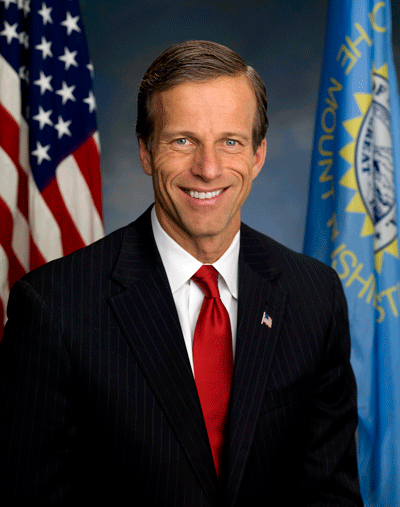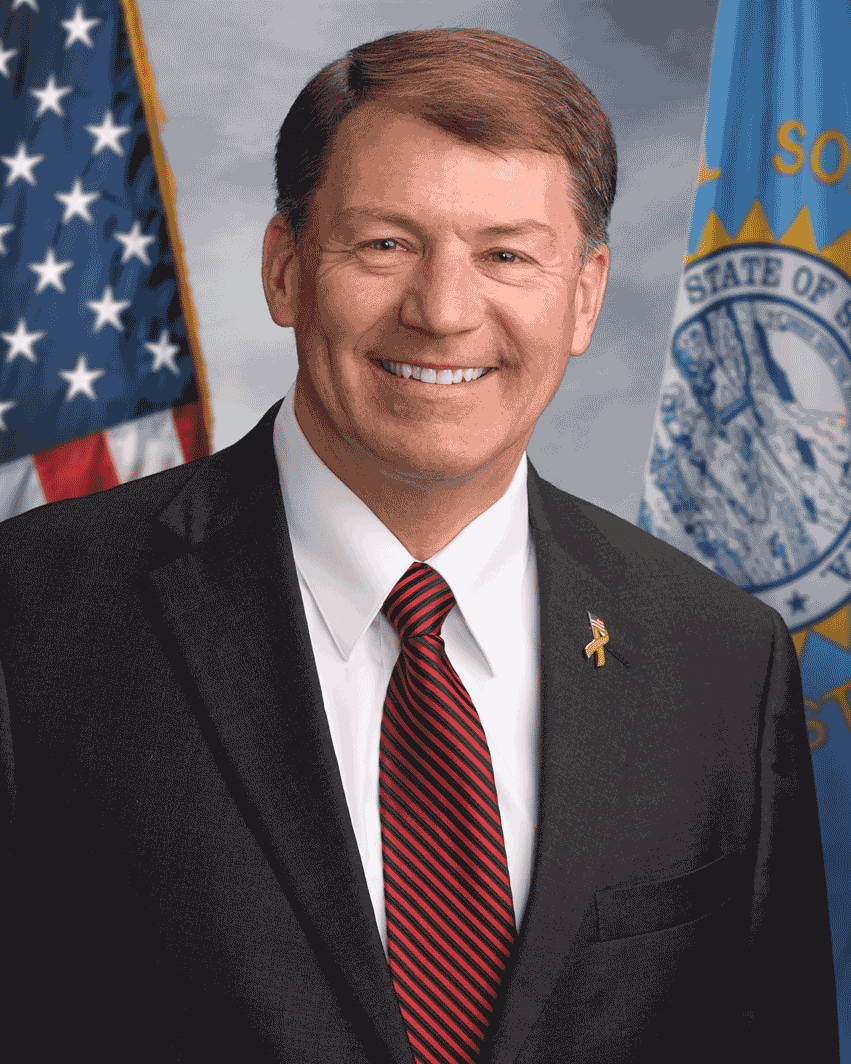Thune, Rounds Reintroduce Bill to Protect Tribal Veterans’ Health Care
 WASHINGTON — U.S. Sens. John Thune (R-S.D.) and Mike Rounds (R-S.D.) today reintroduced the Tribal Veterans Health Care Enhancement Act, legislation that would improve tribal veterans’ access to health care. The bill, which was first introduced in the 114th Congress and again in the 115th Congress, would allow the Indian Health Service (IHS) to cover copay costs for tribal veterans who are referred by IHS to the Veterans Health Administration (VA) for services that are unavailable at IHS facilities. These referrals often require a copay that is currently the responsibility of the veteran. The bill would also require IHS and VA, in consultation with Indian tribes, to outline an implementation plan through a memorandum of understanding.
WASHINGTON — U.S. Sens. John Thune (R-S.D.) and Mike Rounds (R-S.D.) today reintroduced the Tribal Veterans Health Care Enhancement Act, legislation that would improve tribal veterans’ access to health care. The bill, which was first introduced in the 114th Congress and again in the 115th Congress, would allow the Indian Health Service (IHS) to cover copay costs for tribal veterans who are referred by IHS to the Veterans Health Administration (VA) for services that are unavailable at IHS facilities. These referrals often require a copay that is currently the responsibility of the veteran. The bill would also require IHS and VA, in consultation with Indian tribes, to outline an implementation plan through a memorandum of understanding.
“This legislation is a step forward in improving coordination between the IHS and VA, something that is necessary for these agencies to deliver the kind of care our tribal veterans deserve,” said Thune. “Veterans, especially tribal veterans who are eligible for care from two federal agencies, shouldn’t have to incur additional health care costs on referrals from one system to the other.”
 “Tribal veterans should not be liable for additional costs such as copays they may be asked to pay when they are referred to a VA facility for healthcare by the Indian Health Service,” said Rounds. “I’m pleased to join Sen. Thune to reintroduce legislation this Congress that would require IHS to cover the cost of copays for tribal veterans seeking care at a VA facility. I look forward to working with our colleagues to move this commonsense legislation forward.”
“Tribal veterans should not be liable for additional costs such as copays they may be asked to pay when they are referred to a VA facility for healthcare by the Indian Health Service,” said Rounds. “I’m pleased to join Sen. Thune to reintroduce legislation this Congress that would require IHS to cover the cost of copays for tribal veterans seeking care at a VA facility. I look forward to working with our colleagues to move this commonsense legislation forward.”
The Thune-Rounds bill would:
- Allow for IHS to pay for veterans’ copayments for services rendered at a VA facility, pursuant to an IHS referral;
- Require IHS and VA to enter into a memorandum of understanding to provide for such payment; and
- Require a report within 90 days of enactment with respect to:
- The number, by state, of eligible Native American veterans utilizing VA medical facilities;
- The number of referrals, by state, received annually from IHS to the VA from 2013 to 2018; and
- Update on efforts at IHS and VA to streamline care for eligible Native American veterans who receive care at both IHS and VA, including changes required under the Indian Health Care Improvement Act and any barriers to achieve efficiencies.
###
